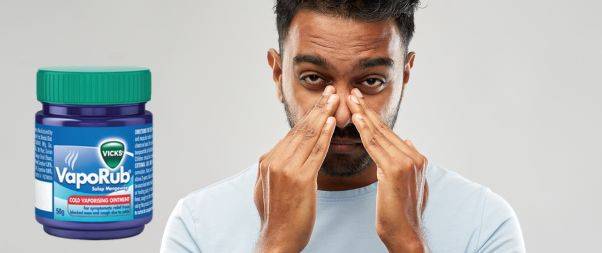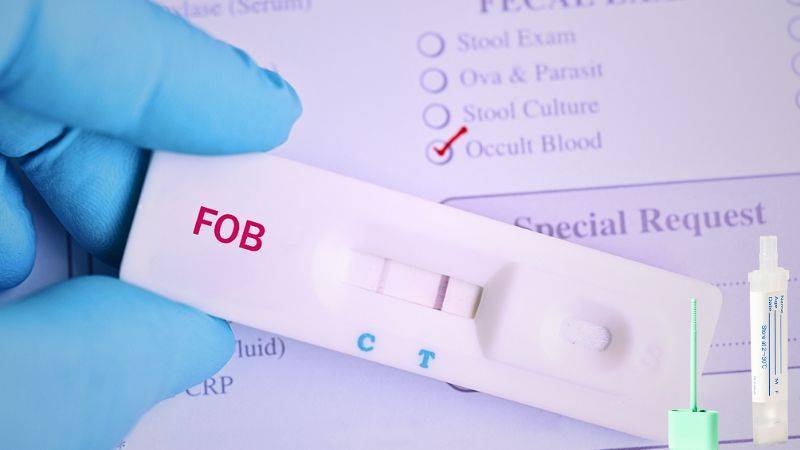Overview
While people often believe that drinking whiskey can reduce cold symptoms, it’s important to know that there is no cure for the common cold. Consuming whiskey, whether as a shot or in a hot toddy, won’t actually help fight off a cold. In fact, it might even prolong your cold.
This article aims to explain why whiskey isn’t an effective remedy for a cold. Additionally, we’ll explore some alternative cold remedies that may genuinely help alleviate your symptoms.
How does Alcohol Affect the Immune System?
The impact of alcohol on the immune system varies depending on the amount consumed.
Research indicates that chronic alcohol use can make individuals 3-7 times more vulnerable to viral and bacterial infections, including colds.
However, some studies suggest that moderate alcohol consumption might result in fewer overall instances of catching a cold. This could be due to alcohol’s influence on certain aspects of the immune response.
There are multiple mechanisms behind this effect, including the release of inflammatory cytokines, which can be beneficial in the short term for fighting infections.
However, long-term alcohol abuse leads to persistent inflammation throughout the body, which is detrimental to overall health. Additionally, alcohol consumption can:
- Alter a person’s gut flora.
- Damage the intestinal lining.
- Impair the function of immune cells in the respiratory tract.
All of these changes increase a person’s susceptibility to infections and diseases.
Truth about Whiskey and Cold

Many people believe that whiskey can help with a cold, but let’s examine these beliefs and see if there is any scientific evidence to support them.
Myth: Whiskey is a disinfectant, so it can cure a cold
Some people think that whiskey can treat a cold because alcohol is a disinfectant. While alcohol is effective at killing germs on your skin, it doesn’t work the same way when you drink it. It can’t kill cold viruses or other germs inside your body.
Myth: Whiskey can relieve congestion
There is a misconception that whiskey can act as a decongestant, but the opposite is true. Small amounts of alcohol can actually worsen a runny nose or congestion by widening blood vessels. Medicines with pseudoephedrine work better to relieve congestion. Natural remedies like using a humidifier, saline nasal spray, breathing in steam, or using a neti pot may also help.
Myth: Whiskey is a cough suppressant
Alcohol is sometimes added to cough medicines, but not for its cough-suppressing properties. It is mainly used to help dissolve certain compounds that don’t mix well with water. Alcohol is not the active ingredient that suppresses coughs in these medicines.
Fact: Alcohol weakens the immune system Rather than helping, alcohol can actually make your cold symptoms worse. It weakens your immune system, making it harder for your body to fight off infections like the common cold. Alcohol can also dehydrate you, which is not beneficial when you have a cold. It’s important to drink hydrating fluids to flush out toxins and thin out mucus.
Because alcohol weakens the immune system and dehydrates the body, it is not recommended as a remedy for the common cold.
Do Any Remedies Actually Work for Colds?
There are several rumored remedies for colds that have been proven ineffective, such as alcohol, ginseng, echinacea, vitamin C, and vitamin D supplementation. Antibiotics are also ineffective since they target bacterial infections, not viruses like the ones that cause colds.
However, research suggests that some remedies can help reduce cold symptoms while your body fights off the virus. Here are a few examples:

Zinc: Taking 80 to 92 mg of zinc per day may help reduce the duration and severity of a common cold. It’s best to start zinc supplementation within 3 days of the cold’s onset for maximum effectiveness.

Lactobacillus Casei: Consuming 200 g per day of dairy products containing the probiotic Lactobacillus casei may shorten the duration of a cold, particularly in older adults.

Honey: Honey has antimicrobial properties that can help alleviate cold symptoms, especially coughs, in adults and children aged 2 and older. However, avoid giving honey to children under 12 months to prevent infant botulism.

Topical Vapor Rub: Applying a vapor rub containing camphor, menthol, and eucalyptus oil to the skin may help reduce cough, congestion, and sleep difficulties associated with a cold.
Additionally, over-the-counter pain relievers like acetaminophen and ibuprofen can provide relief from cold-related discomforts, but they won’t shorten the duration of your cold.
It’s important to note that while these remedies may offer some relief, they don’t cure the cold. Rest, hydration, and supporting your immune system are still key factors in recovering from a cold.
If your symptoms persist or worsen, it’s advisable to consult a healthcare professional for further guidance.






